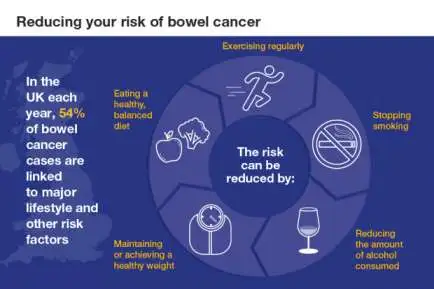
A recent study presents a new metric for predicting COVID-19 outcomes.
As the world grapples with the ongoing COVID-19 pandemic, advancements in research bring clarity, promise, and hope in managing this crisis. Of late, a group of researchers from the Royal College of Surgeons in Ireland, created a prognostic point system capable of predicting COVID-19 outcomes. Their model for assessing the course of COVID-19 illness depends on measuring two immune system molecules: IL-6 and IL-10.
IL-6 is responsible for causing inflammation in the body, which can lead to symptoms such as fever and organ damage. Whereas IL-10, suppresses the inflammation seen in diseases such as COVID-19. By monitoring the ratio of IL-6 to IL-10 that individuals produce, the researchers were able to determine the severity of COVID-19 illness.
The data included 80 COVID-19 positive patients randomly selected from a list of hospital records. Eighty-eight percent of participants required oxygen support, and some were severely ill in the intensive care unit. The study took place over a period of seven days. Patient clinical symptoms were monitored and blood samples were taken every two days to analyse for IL-6 and IL-10 levels. Their course of illness was categorized as “unchanged”, “improved”, or “declined”. From the patient symptom observations and IL-6:IL-10 ratio blood data, the researchers created the “Dublin-Boston” point system to show the odds of a patient developing worse symptoms.
Using the Dublin-Boston score to predict COVID-19 outcomes can help create therapies for ill patients.
The researchers were able to reveal how monitoring IL-6:IL-10 ratio levels correlated with clinical outcome. Based on the Dublin-Boston score system, they found that monitoring the production of IL-6:IL-10 every four days was ideal to accurately identify the patient’s risk of developing worse symptoms. Since COVID-19 patients have historically shown increases in IL-6 and decreases in IL-10, clinicians can use this data to recognize what stage of illness is occurring.
Despite the advantage of conducting a meticulously organized study, the researchers only monitored a small number of patients, and their results have not yet been replicated. Another consideration is the biological limitation of monitoring IL-6:IL-10 ratios. Though IL-6 can cause organ damage as a result of inflammation, it’s role within the body is still regarded as necessary for proper immune functioning. With the current knowledge obtained, medical professionals have to tread with caution when creating therapies aimed at targeting the IL-6:IL-10 ratio. The goal is not to reduce IL-6, but rather to restore a balanced amount of IL-6 and IL-10 within the body.
If successful, healthcare professionals would be able to use the Dublin-Boston score to identify mortality for a COVID-19 patient early on. This increased preparedness could help tackle various issues: providing proper care at the appropriate times, and better allocating patient resources where necessary. In addition to properly predicting COVID outcomes, the Dublin-Boston score could also be used to assess how well future treatments may work based on IL-6:IL-10 levels.
Written by Melody Sayrany
References:
- Mcelvaney, O. J., Hobbs, B. D., Qiao, D., Mcelvaney, O. F., Moll, M., Mcevoy, N. L., … Mcelvaney, N. G. (2020). A linear prognostic score based on the ratio of interleukin-6 to interleukin-10 predicts outcomes in COVID-19. EBioMedicine, 61, 103026. doi:10.1016/j.ebiom.2020.103026
Image by athree23 from Pixabay
Related Post
 08
08 Jul
What Is Self-Management of Chronic Disease?
Diabetes, joint inflammation, hypertension, lung illness, corpulence and other persistent sicknesses can make life challenging to oversee for a great many more seasoned grown-ups, frequently compelling them to surrender their freedom. The Challenges of Chronic Disease More established grown-ups are lopsidedly impacted.
Read More 01
01 Jul
7 Lifestyle Tips to Reduce Your Cancer Risk
How in all actuality do individuals bring down the possibilities getting malignant growth? There's a lot of exhortation. Yet, on occasion, guidance from one review conflicts with the exhortation from another. Disease avoidance data keeps on creating. In any case,.
Read More 27
27 Jun
Effective Allergy Treatments for Kids: A Comprehensive Guide
Is your youngster experiencing a runny nose, sniffling, and bothersome eyes? Assist them with feeling improved with these regular sensitivity cures you can attempt at home. Does your kid have a runny nose, sniffling, and irritated eyes? They may be managing.
Read More 20
20 Jun
Journal Prompts for Mental Health: 7 Ideas to Explore
Journaling has a heap of psychological well-being benefits, however you don't necessarily have any idea what to expound on to get the worth out of a journaling meeting. That is where journaling prompts for treatment come in. More profound diary prompts.
Read More